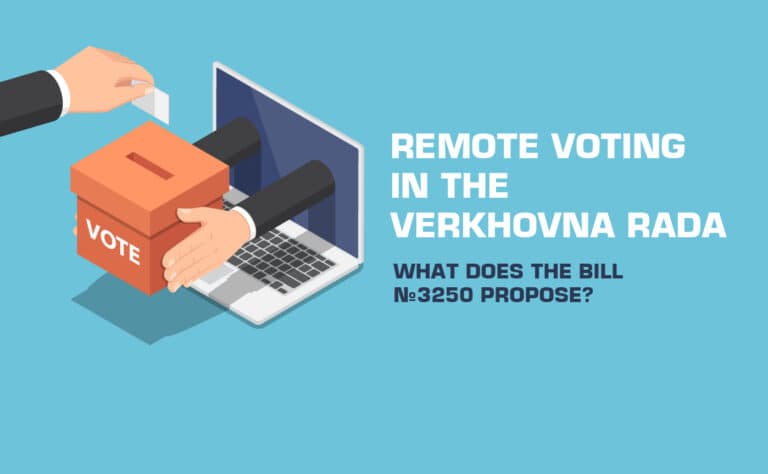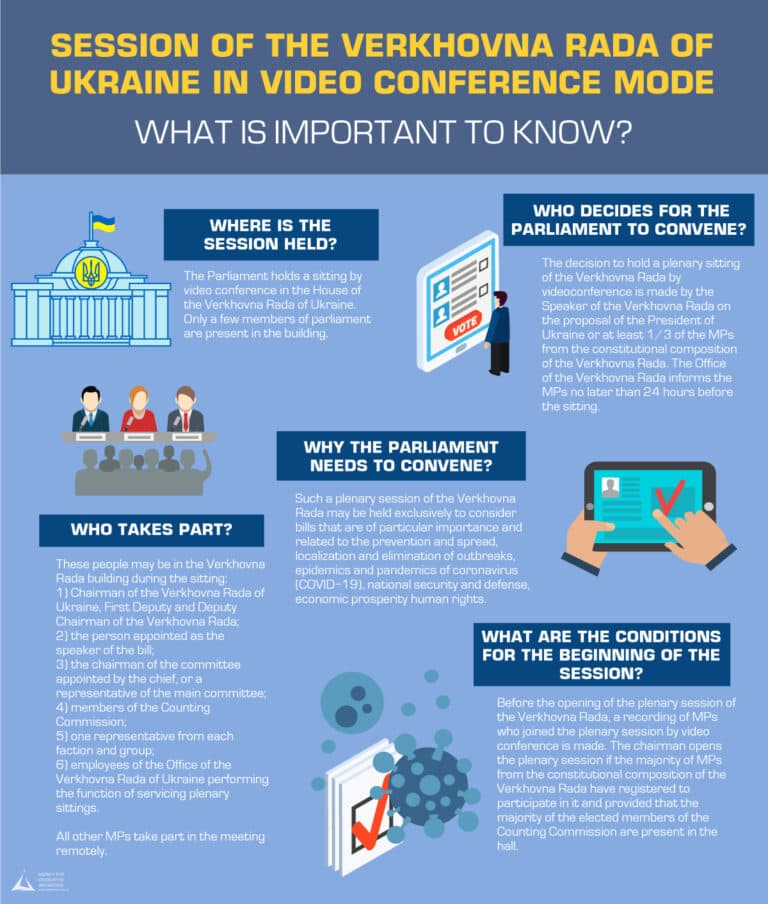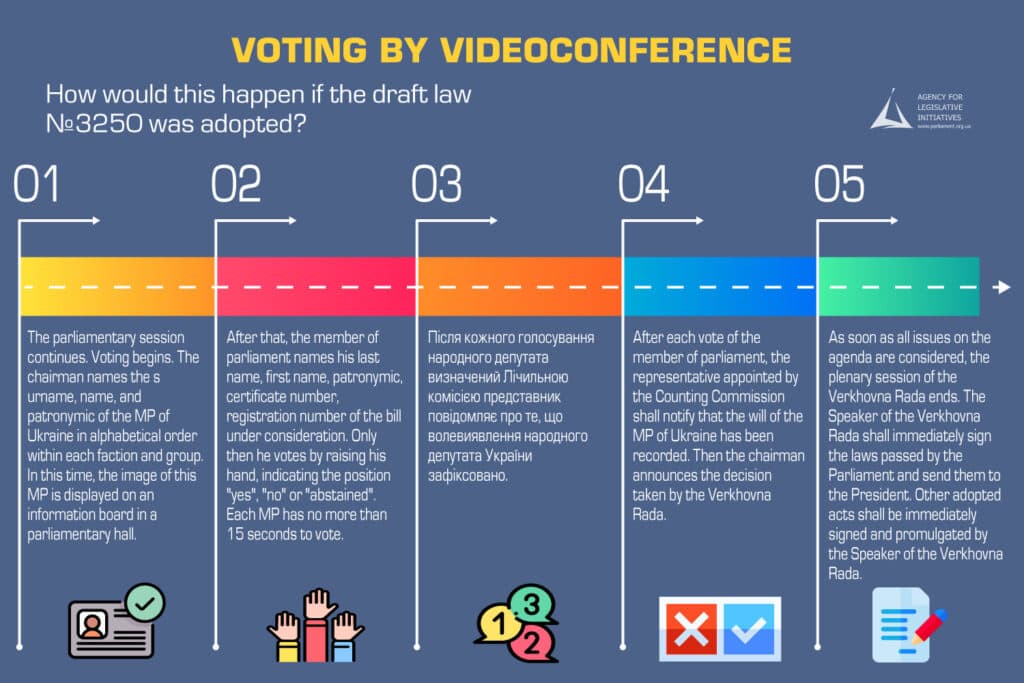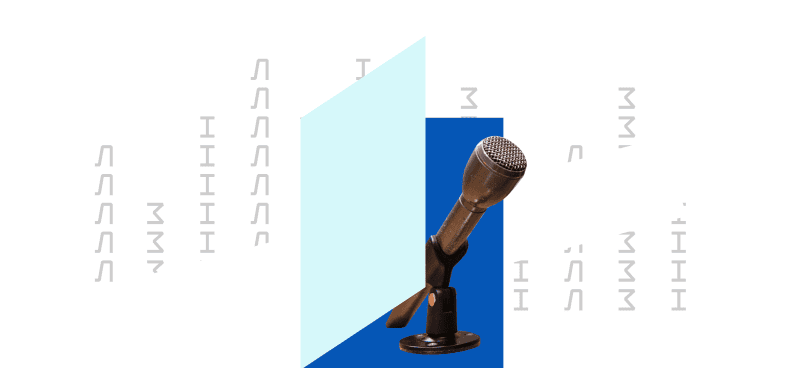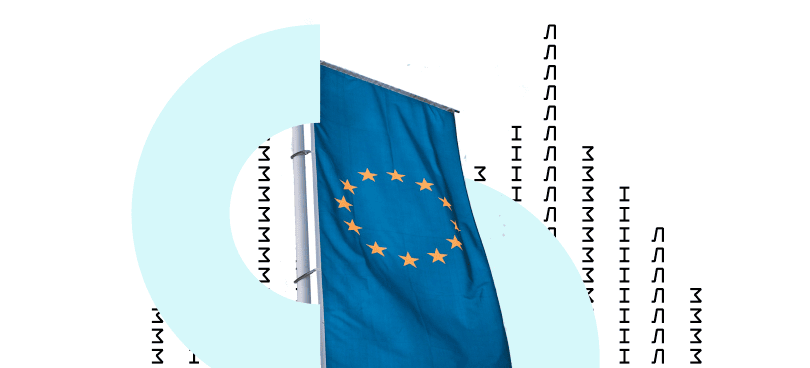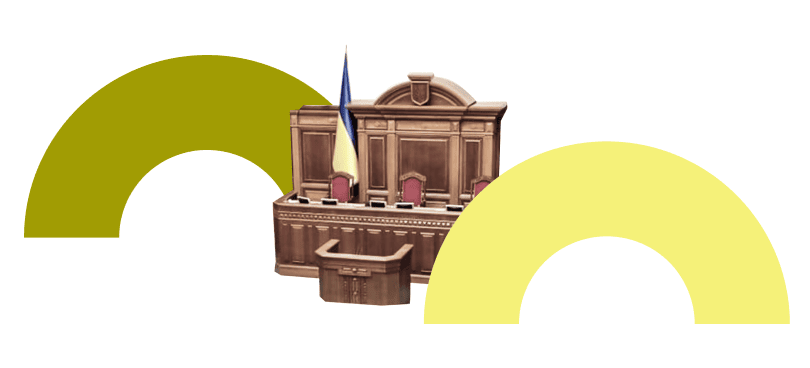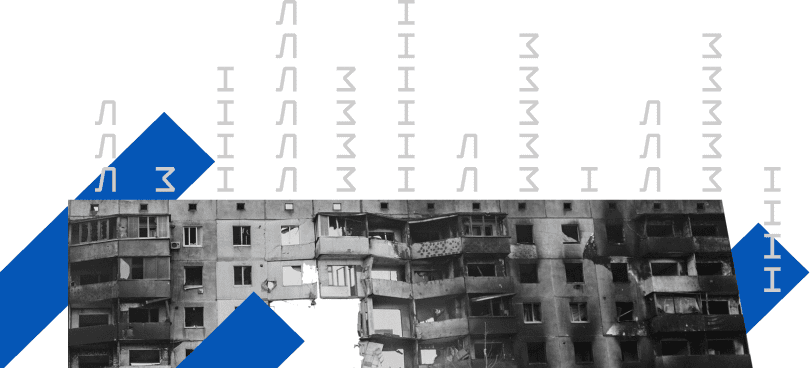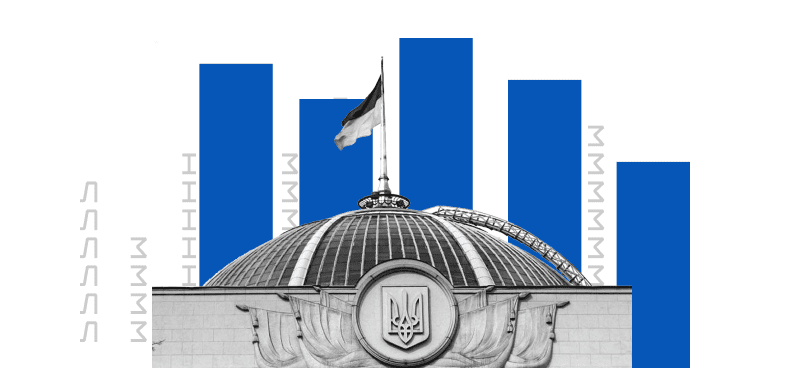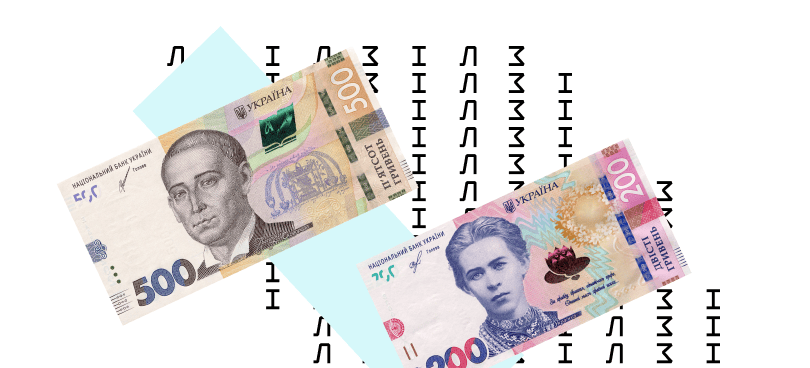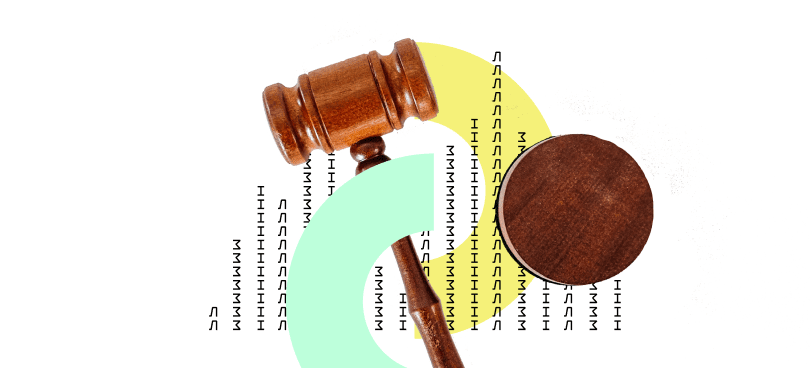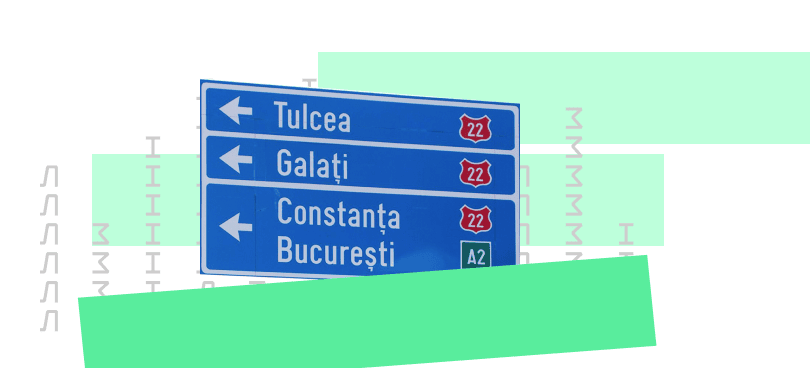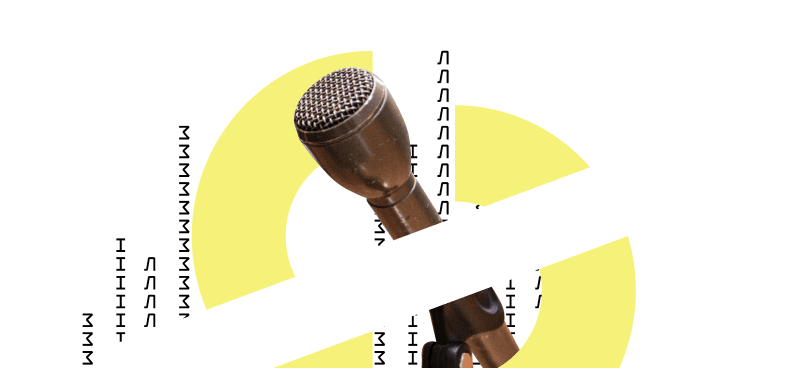Ukraine is preparing bills on the introduction of remote voting. Currently, there is also a lot of news that MPs, factions, parliaments are moving to telecommute. If remote work is a discussion of certain issues or even legislative initiatives, which in its legal consequences does not differ from participation in video interviews and TV shows, then indeed many individual parties, factions, groups, or simply members of parliament work remotely. If we talk about the consideration and voting on issues on the agenda, the consequence of which is the adoption of legislation, there will be much fewer such examples.
Foreign experience
Due to the coronavirus epidemic, many parliaments around the world have been forced to change their regimes, all because politicians have a greater chance of contracting the coronavirus because of their publicity. But it is the parliament that is the key institution in democratic governance. Therefore, in order not to block the work of the legislature, many MPs around the world began to talk about the introduction of remote voting in their parliaments. In particular, the speaker of the Georgian parliament instructed to develop an initiative that will allow for electronic discussion and voting on bills. In the UK, the debate on remote voting is quite old. Initially, it concerned women MPs who had recently given birth, but the coronavirus has returned to the issue. In the United States, both congressional and state parliaments have also proposed remote voting.
And the President of Latvia has decided to follow a very original path. After consulting with lawyers, he stated that according to the Constitution, in case of emergency, “the parliament may convene elsewhere”. Another place, according to the President of Latvia, is the electronic space, i.e., the parliament can hold its meetings online. Although currently there are no precedents for remote voting in Latvia.
The vast majority of the world’s parliaments are in no hurry to implement legislative initiatives on remote voting. Leaders of both Republicans and Democrats in the US Congress opposed such initiatives. Other parliaments also favor measures to combat the coronavirus, such as:
- correction of the time of plenary sessions (their cancellation or postponement);
- disinfection of parliament buildings;
- transfer of all non-plenary activities of the parliament to remote mode (offices of MPs, staff members work remotely);
- permission for remote participation of individual MPs in plenary sessions: speeches, observation of the meeting, participation in the discussion (but not voting);
- maximum reduction of time for discussion of issues in the plenary hall and transfer of such preliminary discussion to remote mode;
- Transfer of rules of conduct in public places to the plenary hall (distance between people, wearing masks, etc.).
In Italy, where the coronavirus epidemic has become particularly widespread, lawmakers have limited the number of plenary sessions to just one day a week (on Wednesdays). Also, in the Italian parliament was ensured a distance between MPs of at least 1 meter.
If we talk about the possibility of remote voting, we managed to find only two parliaments, where it is possible, and both parliaments are not parliaments of sovereign states.
In previous statements, the head of the European Parliament stated that only remote participation of MPs in plenary sessions would be possible, but not voting. However, with the rapid spread of the coronavirus, he changed his mind and, according to media reports, on March 26 will be the first session of the European Parliament with the possibility of remote voting. Voting will take place via email.
The second parliament is the Legislative Assembly of the Perm region. On March 19, 2020, MPs supported the amendments that allowed the Legislative Assembly, committees, and commissions to operate remotely for the introduction of high alerts or emergencies. The issues on the agenda will be considered via video link, and absentee voting will be carried out with the help of the “Single Virtual Cabinet of MPs”. Moreover, members of parliament already have experience in using absentee voting.
What is offered in Ukraine?
It is not known whether MPs of Ukraine were inspired by one of the above examples, but bills on remote plenary work were developed in the Verkhovna Rada as well. To achieve this goal, the Verkhovna Rada plans to adopt Bill №3250 “On the grounds and procedure for holding plenary sittings of the Verkhovna Rada of Ukraine and sittings of Verkhovna Rada committees by videoconference for the period of measures aimed at preventing the emergence and spread of coronavirus disease (COVID-19)” (hereinafter – the bill 3250).
The motivation for the adoption of this bill is clear and understandable. But we would like to discuss a few points. The actions of the Verkhovna Rada (especially in emergencies!) must be legal and following the Constitution. And critical and urgent legislative initiatives must be adopted lawfully, as a result of which it is impossible to question the legitimacy of the decisions made or the intentions of MPs (or the pro-presidential majority).
We are also deeply convinced that the legislative process should be open, even in the most challenging situations, and society should be fully informed about legislative initiatives, their purpose, and possible consequences, and if necessary, could respond at least online.
Bill №3250 establishes the possibility of holding plenary sessions in the format of a videoconference.
The Constitution does not contain provisions that would limit the possibility of holding plenary sessions in the format of videoconferences, but such a form should provide for personal voting. The decision of the CCU of July 7, 1998, states that the individual vote of the member of parliament of Ukraine at the sittings of the Verkhovna Rada of Ukraine means his direct expression of will, regardless of the method of voting.
The legislative method of consolidating the procedure for holding such plenary sessions is questionable. The bill itself is new, i.e. it will exist in the form of a separate legislative act, rather than amending other laws. This is important because part 5 of Article 83 of the Constitution of Ukraine stipulates that “the procedure of work of the Verkhovna Rada of Ukraine is established by the Constitution of Ukraine and the Rules of Procedure of the Verkhovna Rada of Ukraine”, and part three of Article 88 states: Rules of Procedure of the Verkhovna Rada of Ukraine. It naturally follows that changes in the procedure of the Verkhovna Rada (for example, the possibility of holding a video conference) must be contained in the Rules of Procedure.
The subjects of the legislative initiative have proposed an option according to which the procedure of the Verkhovna Rada will be determined by a separate legislative act, and not by the Rules of Procedure. The draft law in the final provisions also provides for amendments to Article 1 of the Rules of Procedure, which stipulates that the procedure of the Verkhovna Rada of Ukraine (…) is established by the Constitution of Ukraine, the Rules of Procedure of the Verkhovna Rada of Ukraine and several other laws. It is proposed to add to the list of laws a new law on holding plenary sessions by videoconference. However, such a reference is not sufficient to ensure legality. The Rules of Procedure (approved by the law) are the main act that regulates MPs’ work. The other laws to which Article 1 of the Rules of Procedure refers are complementary to the provisions of the Rules, but cannot contradict it because the Rules have higher legal force, as the provisions of the Constitution refer directly to it. That is, in a situation when the Rules of Procedure and, for example, the Law “On Committees of the Verkhovna Rada of Ukraine” contradict each other, the provisions of the Rules of Procedure shall prevail.
Thus, the proposed changes should be contained in the Rules of Procedure, for example, as an additional Chapter, which will have a temporary effect. Of course, the creation of comprehensive changes to the conduct of plenary sessions by videoconference and the modernization of the Rules of Procedure following them in terms of legal technique is a more prudent and correct option. However, the short deadlines for drafting the bill make such an approach dangerous, as the development of comprehensive changes takes time. At the same time, the Verkhovna Rada’s experience in videoconferencing will make it possible to develop such changes after the expiration of the adopted temporary provisions.
Why is it so important that the provisions on videoconferencing are contained in the Rules of Procedure? Because this is a way to ensure the legitimacy of the decisions of the Verkhovna Rada. Theoretically, the Verkhovna Rada decisions adopted by video conferencing, if such a possibility is not provided by the Rules of Procedure, may be declared unconstitutional. This can lead to many unpleasant legal consequences – such as lawsuits against the European Court of Human Rights, lawsuits against international arbitration, and so on. After all, in such conditions – during a video conference – there may be a vote for the introduction of a state of emergency, which will restrict the rights and freedoms of citizens, which are guaranteed by the Constitution and several international legal acts.
The voting process is fixed in Article 10 of the draft law.
After the appearance of his image on the information board, the member of parliament of Ukraine names his last name, first name, patronymic, the ID number of the MP of Ukraine, registration number of the bill, draft other act under consideration, then personally votes by raising his hand indicating the position “yes”, “no” or “abstained “. The duration of the voting time of each of Ukraine’s MPs is not more than 15 seconds. If necessary, the duration of voting time may be increased by the chairman. This process can be considered sufficient to ensure the will of MPs and prevent abuse. In the absence of appropriate software and previous experience of its use, the proposed option can be considered optimal.
On the other hand, the short deadlines for acquainting MPs with draft law (Article 4 of the draft law) are confusing – at least 24 hours. It is hoped that the Verkhovna Rada will plan its work so that this period is longer.
In a pandemic, there is a need for quick decisions. However, MPs must not forget the need to justify their decisions to society. In such emergencies, this is important for the effectiveness and efficiency of law enforcement in practice. Under normal circumstances, new rules of law tend to evolve in practice to meet social realities. There is no such time now, so MPs need to be able to justify the need for measures to be taken, as well as to predict in as much detail as possible how these norms will work. That is why it is necessary to increase the information and analytical capacity of the Verkhovna Rada, in particular, by involving external think tanks and NGOs. At present, every step of the Verkhovna Rada significantly affects the level of trust in the government. Even if the action is correct, but not refined – it can cause anger and despair.
This should be kept in mind, especially when considering initiatives to strengthen law enforcement to ensure the implementation of rules that restrict the rights and freedoms of citizens during the coronavirus pandemic. If the decisions are as well-founded as possible, and the citizens are informed, then, obviously, the loyalty to such decisions will be much more significant, and, accordingly, there is no need for enhanced control by law enforcement agencies.

